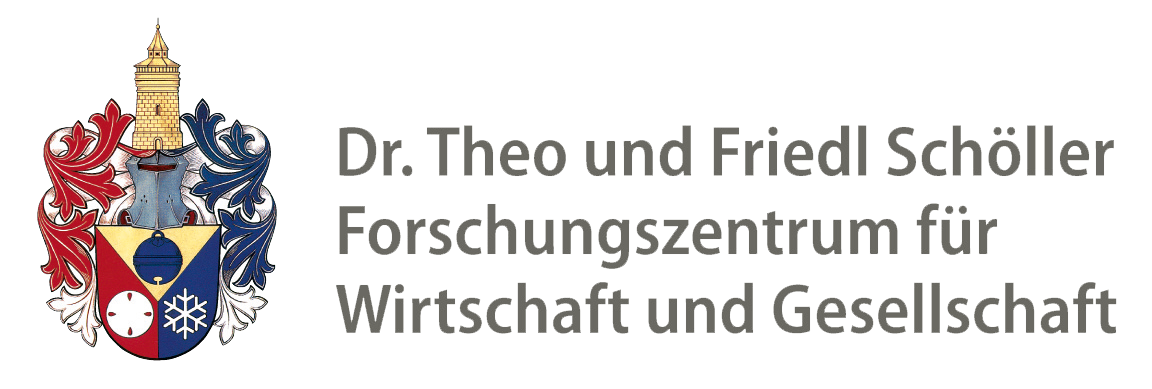Shirley Gregor
Prof. Shirley Gregor, Ph.D. is Professor of Information Systems at the Australian National University, Canberra, where she is a Director of the National Centre for Information Systems Research. Shirley Gregor’s research interests include the adoption and strategic use of information and communications technologies, intelligent systems, human-computer interaction and the philosophy of technology. Dr Gregor has published in journals such as MIS Quarterly, Journal of the Association of Information Systems, European Journal of Information Systems and Information Technology & People. Professor Gregor was made an Officer of the Order of Australia in June 2005 for services as an educator and researcher in the field of information systems and for work in e-commerce in the agribusiness sector. She is a Fellow of the Australian Computer Society and a Fellow of the Association for Information Systems.
Knowledge-Design-Innovation (KDI) Research Program
As Senior Schöller Fellows, Alan R. Hevner and Shirley Gregor work on a collaborative project with the goal of integrating research streams in the areas of knowledge, design, and innovation (KDI). They are currently working on a unifying framework for investigating and managing innovation. Drawing on their widely-cited publications on design science research methods, they propose a new framework for understanding innovation, the Knowledge Innovation Matrix (KIM). This framework is based on the two dimensions of knowledge (solution) and application (problem) maturity. In an expansion of their earlier work, they plan an extensive literature review of processes, theories and outcomes that characterize innovation in each of the four KIM quadrants.
The overall aim of the KDI research program is to develop the Knowledge-Innovation Matrix (KIM) for use in managing innovation processes and outcomes and bridging boundaries between research disciplines and stakeholders in business, academia, and government. The next step envisaged for the research program is to develop a tool for managing innovation. Subsequent steps will investigate academic-industry collaboration in innovation and governance policies for assessing and encouraging innovation at global and national levels.

